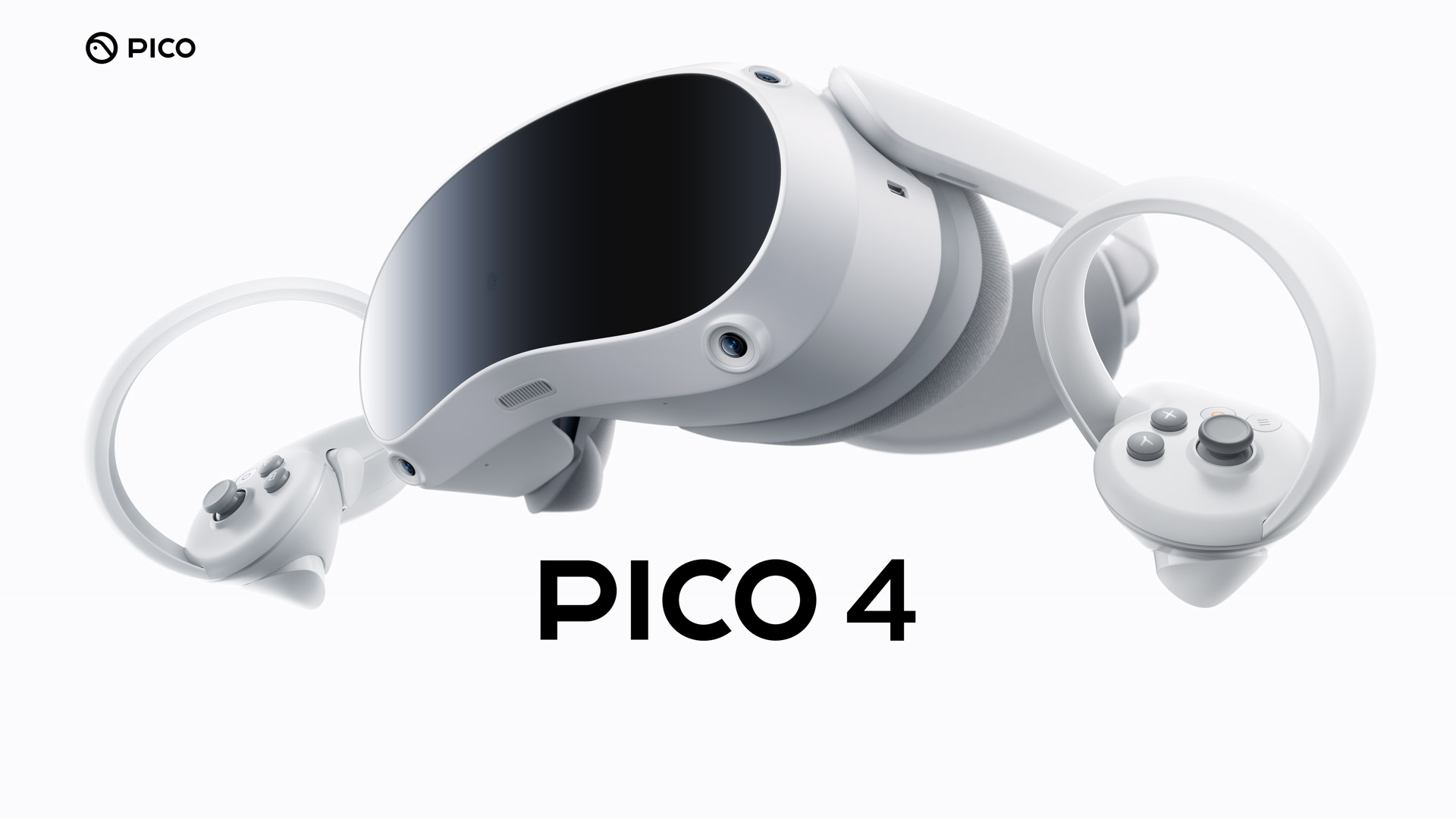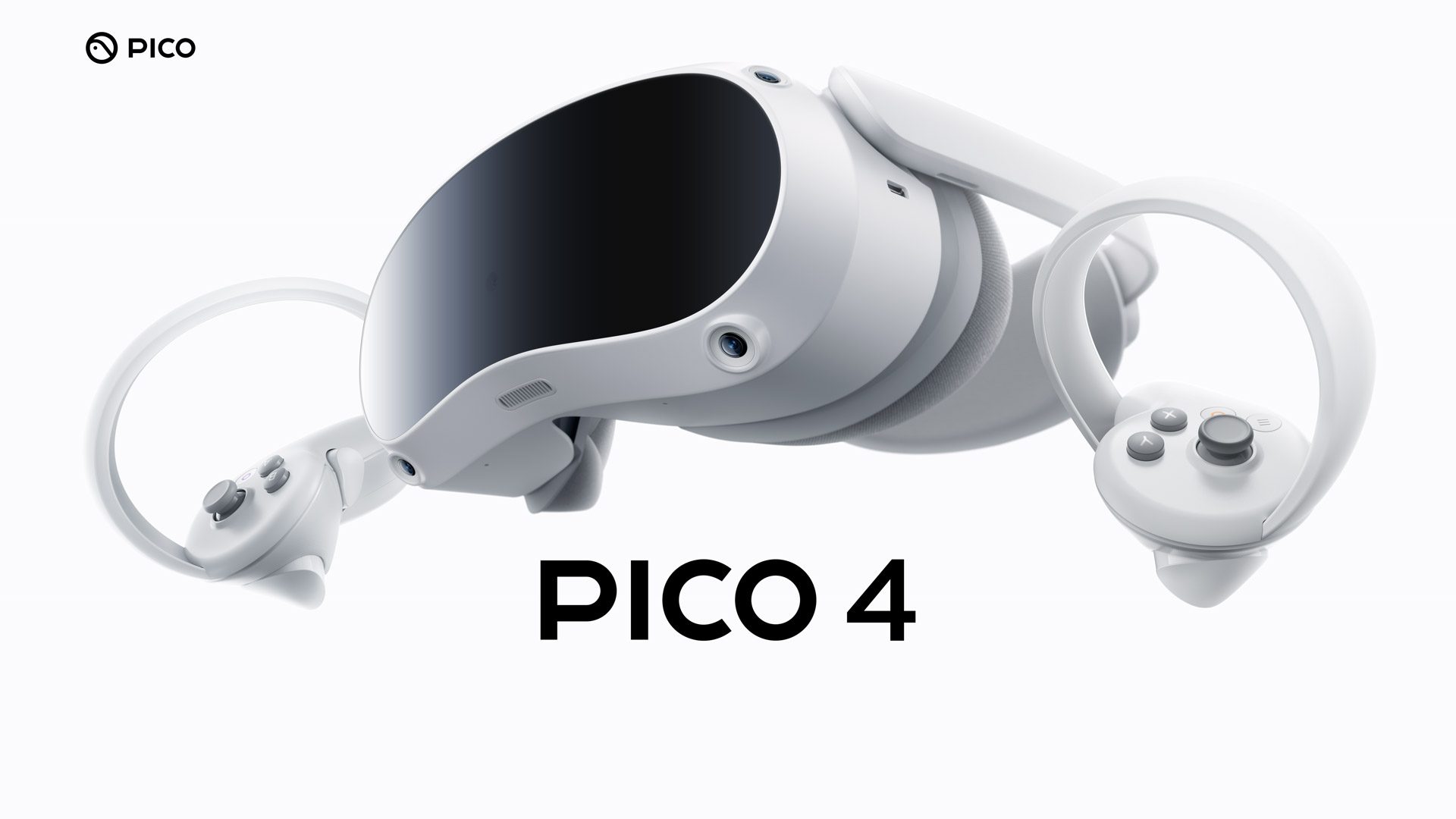
According to a report from The Information, ByteDance subsidiary Pico Interactive is pulling the release of its next consumer-focused standalone headset in effort to no longer compete directly with Meta Quest, instead positioning its next device to compete with Apple’s $3,500 Vision Pro mixed reality headset.
Citing people familiar with the situation, the report maintains that TikTok parent ByteDance is canceling Pico’s next VR headset, or what is being referred to as ‘Pico 5’.
It’s said this was in direct response to middling sales of Pico 4, the standalone released in Asia and Europe to compete with Meta Quest 2.

The paywalled report, as seen by UploadVR, maintains that the company’s pivot towards a high-end Apple Vision Pro competitor will go beyond what it hoped to achieve with Pico 5. The project, codenamed Swan, will include “cutting-edge technologies,” although there’s no clear view on what this entails or when it will arrive.
This follows reports last month of layoffs at Pico that were said to range into the hundreds affecting staff in sales, videos and platform operations. This was seen as a move to restructure the business to focus more on hardware and core technologies.
Considering today’s report—which thus far hasn’t been confirmed by either Pico or parent company ByteDance—it would seem Pico is following in the footsteps of HTC circa 2019 when the Taiwan-based mobile phone maker-turned-VR hardware company shied away from the consumer VR market just as Meta (then Facebook) was releasing its first version of the Quest standalone headset.
It’s not an easy task going up against Meta though. It appears nobody can really compete with Meta on the low-end—Quest 2 now sells for $250 and the new Quest 3 at $500. The social media empire-owning regularly operates its Reality Labs XR division at a heavy loss, which is handily subsidized by advertising across Facebook and Instagram. Provided previous reports are true, even Samsung may be shooting for the high-end with its upcoming XR headset, built in partnership with Google and Qualcomm.
Launched in late 2022 for €429 (128 GB) and €499 (256 GB), Pico 4 boasts support for around 75 percent of the game library available on Quest. While the Quest competitor has made nominal headway in those regions, the company has never officially launched its VR headsets for consumers in the US as was previously planned.






